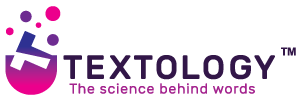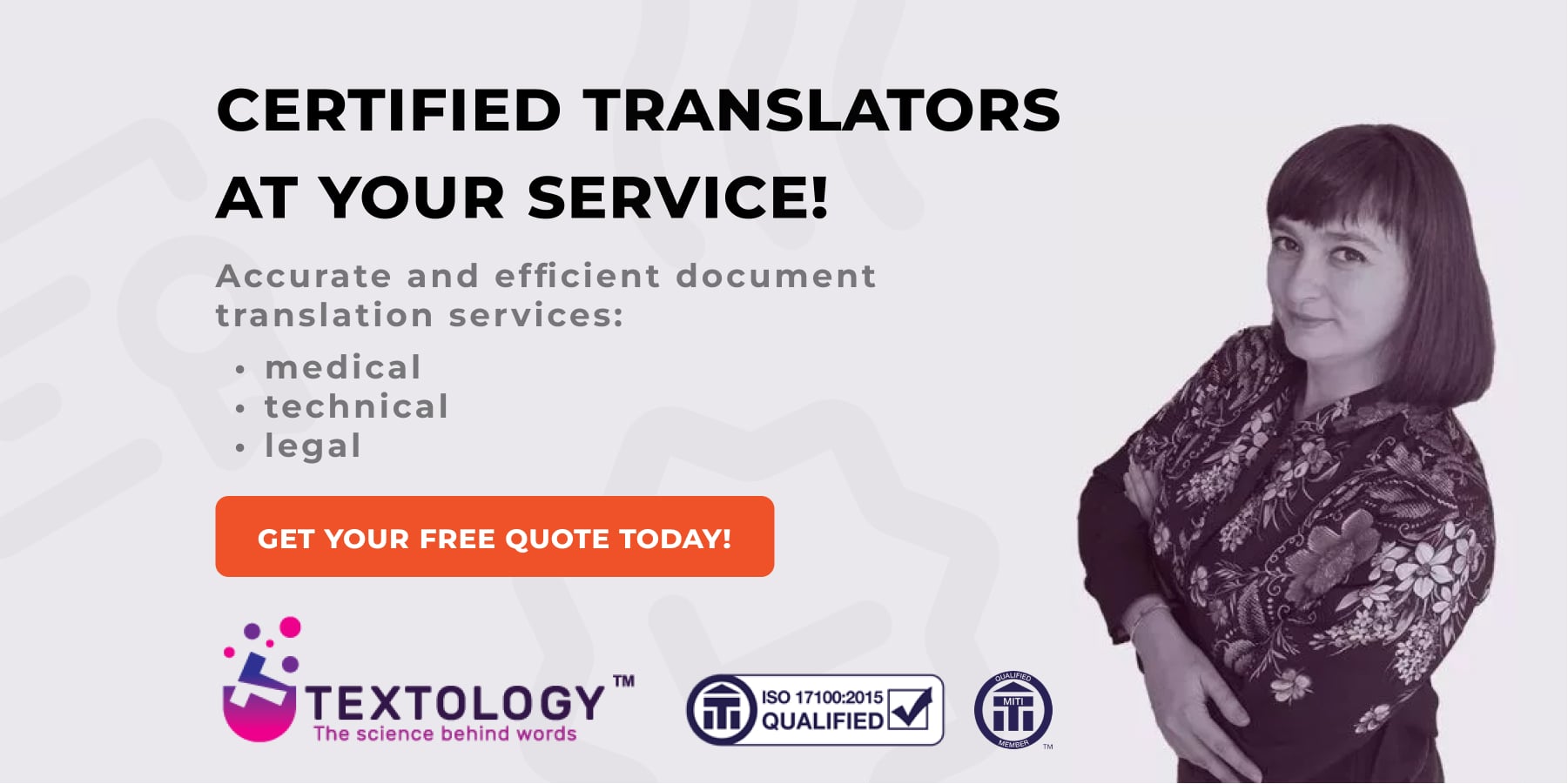
Both translation memory and termbase are used to improve the translation process and to provide accurate as well as terminologically-consistent translations. These tools help the translator in speeding up the translation process and keeping it highly accurate. However, translation memories and termbases serve completely different purposes. They are databases which complement each other and are used together to achieve the best results. How exactly do they work and how do they differ?
Is translation memory a part of machine translation?
Automated translations are a rapidly developing branch of computer linguistics and are usually based on the use of industry-specific software – CAT (Computer-Aided Translation). Examples of CAT programs for improving the translation process are SDL Trados, WordFast, MemoQ, XTM, Deja Vu, and Transit.
A translation memory (TM) is a type of database used in the translation software programs which are created to help human translators during the translation process workflow. The database consists of fragments of texts, sentences, or clusters of words in at least two language combinations. It automatically stores any of those previously translated pairs, allowing quick translations of similar texts. The user can search for translated fragments in the database and use them in the current project. They also pop up as suggestions when the software detects similarities.
TM databases can be created specifically for a particular translation agency (containing several language versions), a client, project or field (then it will contain specialised terminology). This means that the data is more accurately matched to the project, which results in a better translation.
Termbase – characteristics
A termbase consists of terminology, combinations of individual words, or expressions connected to a specific subject. The database may contain: definitions, contexts, grammar information, notes, information about authors, as well as data on modifications and changes, and the status of the term in the database. Contrary to TM, a termbase is created manually.
Termbases are an extremely useful tool allowing to maintain the consistency of terminology. This is a key issue, especially in the process of translating complex marketing projects where it is important to create a coherent brand image. Thus, termbases enable to check the consistency of translations and make the translator’s work much easier.
The translator can ensure terminological consistency by viewing automatically appearing terms in the database interface or by searching for them using keyboard shortcuts.

The differences between Translation Memories and Termbases
As can be seen from the characteristics mentioned above, translation memories and termbases are completely different tools. However, both contribute to streamlining and improving the translation process.
A translation memory does not have a system for improving the consistency of terminology. Prompting and automatic phrase completion is based on the use of appropriate algorithms, which, however, do not take into account linguistic consistency. Text translated using a translation memory may therefore contain a lot of inaccuracies.
However, while a translation memory has an automatic data collection system, a termbase requires terms to be added manually. Translation memory management is easier.
Therefore, these systems are not interchangeable tools. The best results can be achieved by using both – in this way, the translation process is streamlined, its costs are reduced, and language consistency is improved.
Improve your translations today!
Both translation memories and termbases are invaluable in keeping translations at the highest possible quality and are great assets for any multilingual business. Here at TEXTOLOGY we provide high-quality translation, TM and termbase services that’ll help you reach a wider range of business partners and keep all your translations consistent. So check out our offer and start improving your translations today!

